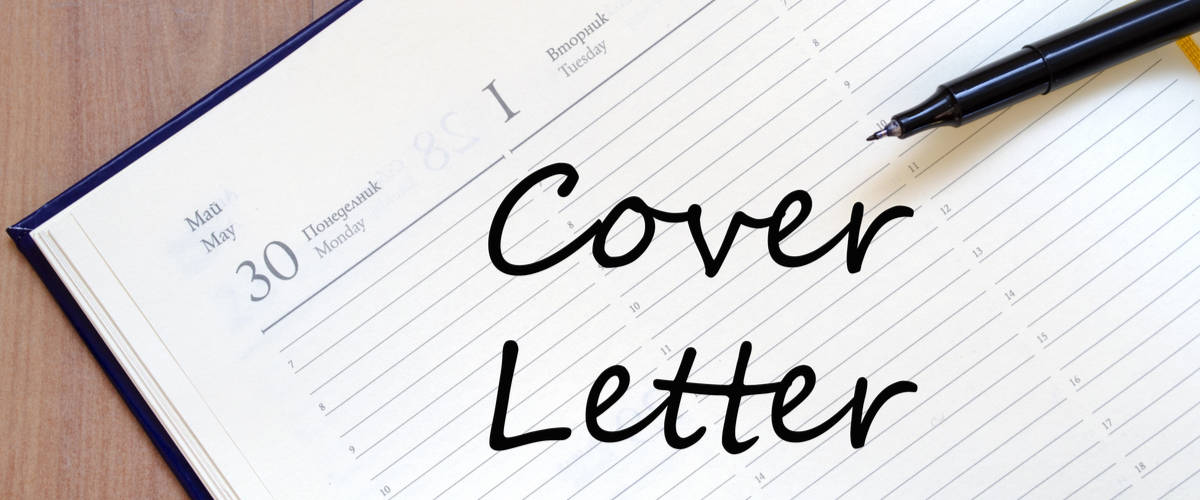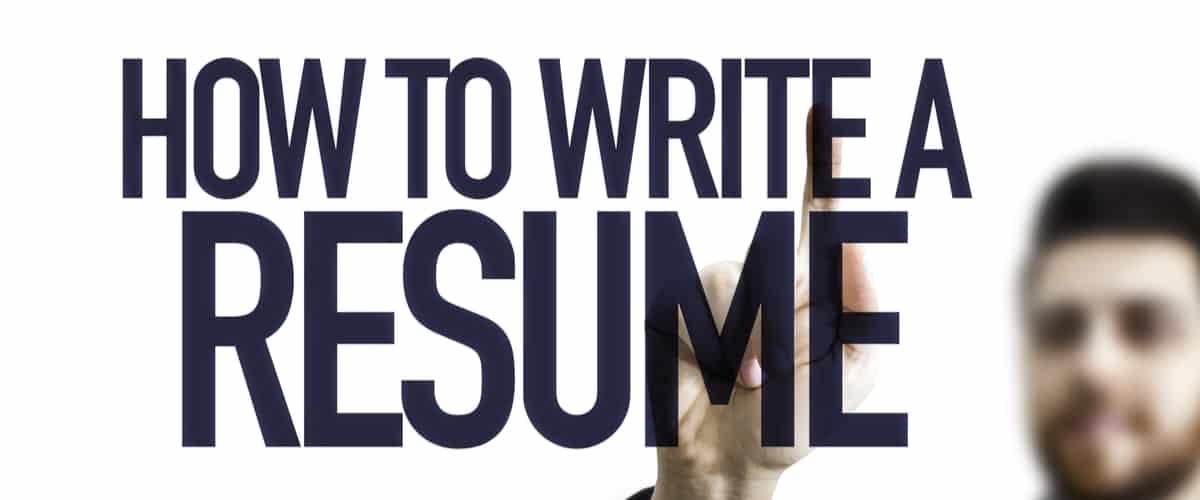
Resume Writing Do’s and Don’ts
Need a checklist for your resume? In addition to your cover letter, your resume is the most valuable tool in a successful job search.
Recruiters spend less than 30 seconds reviewing resumes, and it only takes them 6 seconds to toss a resume in the trash. Don’t let that happen to yours.
Our best career advice for you is this: No matter what stage of job searching you’re at, be extra sure your resume is perfect. Even if you already think it’s in great shape, review our 23 resume Do’s and Don’ts.
- DON’T use a variety of font sizes and colors. Choose one font such as Georgia or Arial, and avoid italics, underlining, graphics, and boxes.
- DO write a one-page resume. Use 24–32 lbs. resume paper, 8.5 x 11 inches, in the US, Canada, and the Philippines. Use size A4 in most other countries. White or off-white/ivory is best. Use standard fonts such as Arial, Calibri, Georgia, or Times New Roman in black or charcoal, and be sure to use subheadings and bullet points to break up the text and make it easier to read.
- DON’T include personal details. Using a photo, birth date, or marital status is a big no-no in the U.S. It’s also illegal for a prospective employer to request this information.
- DO add a link to your website as well as social media platforms. Make sure they’re professional and include your portfolio if applicable. This is particularly helpful for IT and creative fields.
- DON’T LIE on your resume. If you’re not 100% proficient in a language or any other skill, don’t claim to be. A hiring manager will ask about it, test you, or strike up a conversation in that language or ask about other skills.
- DO mention your verifiable skills and achievements. Be honest, don’t exaggerate, and state your proficiency level accurately.
- DON’T send a resume as a PDF, RTF, or Word document without making sure of the company’s preference. Many expect you to copy/paste your resume in an email text field. They won’t accept an email attachment, and they won’t open the email if you do.
- Do follow job application instructions carefully. Show your team spirit and do it their way, not your way.
- DON’T forget to tailor your resume for each job you’re applying to. Highlight key points they’re looking for and use buzzwords from their job description.
- DO revise, edit, and proofread your resume. Any mistakes or out-of-date information might mean your resume gets tossed in the trash. Be sure to ask a grammar- and spelling-savvy friend to review it—don’t rely on a grammar checking app. And double-check your phone number and email address!
- DO highlight your most important skills and abilities. Use bullet points, strong verbs, and concise language. And be sure to list certifications.
- DON’T worry if your experience isn’t a perfect match. Job descriptions are guidelines. This is doubly true if you’re a recent graduate. Explain how your coursework is relevant and useful. Don’t apologize for lack of experience; instead, let them see your energy, ambition, and determination.
- DO optimize your resume with keywords and buzzwords so recruiters can find you in searches. Don’t overuse keywords, but make sure your resume contains the best choices for the type of job you want. Study job descriptions and the specific words they use, and conduct some keyword searches yourself, as if you’re a recruiter.
- DON’T copy and paste a job description for your summary statement. Be original and creative and use your own words.
- DO use numbers. Recruiters and hiring managers like data and measurable outcomes. If you implemented a project that resulted in a 20% sales increase, note that. Objective statements and facts help them quantify how good you really are.
- DON’T mention confidential or personal information. That includes age, marital status, children, traffic tickets, or any trouble you’ve been in. If hired, human resources will ask for information they must have by law, and they’ll also conduct a background check before you start.
- DO add skills that may seem irrelevant but show your strength as a candidate. For example, if you’re applying for an IT job and speak a second or third language fluently or have traveled extensively, this might mean future career opportunities. It can also mean you’re a well-rounded candidate.
- DON’T put a spotlight on common skills like MS word, typing, or filing. It’s expected that you have these skills, but if you’re highly proficient in MS Office Suite, especially Excel, and if it’s listed in the job description, say so. But you’re expected to know Word and have good typing skills.
- DO mention an outstanding accomplishment that isn’t work experience or career-related. If you climbed Mt. Everest, your prospective employer might be interested since it suggests other attributes like energy, ambition, and fortitude.
- DON’T mention irrelevant hobbies in your resume. Personal accomplishments or activities are worthwhile only if they translate into transferable skills. If in doubt, skip it. Climbing Mt. Everest could mean you’re an adventurer at heart who won’t last long in an office.
- DO write a resume summary statement. Also known as a career profile, this is a short paragraph (4–6 phrases/sentences) about you, your experience, and your skills. Word this carefully to hook recruiters and hiring managers and entice them to read more.
- DON’T lie about gaps in your employment history. It’s better to be honest and show how you used the time for personal development, courses, traveling, or learning a foreign language. If you maintained a professional website and blog, mention the skills developed. Show how time spent away from work was time well spent. You should always be honest, but you can also make the truth sparkle.
- DO spend time with your resume. The better it presents you and what you bring to the table, the better your chances of landing the job you want. DO demonstrate that you have what it takes!
We hope these Do’s and Don’ts are useful as you prepare your student resume. Help your friends by sharing! And if you need more detailed information about resume preparation, click here to register for updates. It’s free!
We’d love to know what your experience has been with writing your resume. Share your thoughts and comments below.
The information on this site is provided as a courtesy. GradSiren is not a career or legal advisor and does not guarantee job interviews or offers.
Get expert career advice and insights delivered straight to your inbox.

Must Reads SEE ALL ARTICLES

Top 5 tips to design a good Cover Letter

Is an Infographic Resume Right for You?

How to Showcase your Technical Skills in a Resume to Stand-Out from the Rest

Resume Format for On-Campus Placements

Top 7 Skills to Highlight in Resume for Work from Home Jobs






